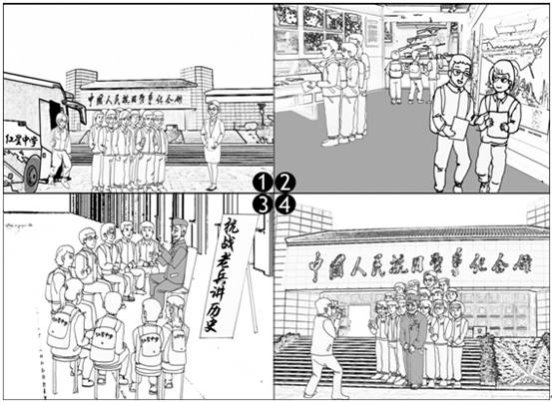0 133596 133604 133610 133614 133620 133622 133626 133632 133634 133640 133646 133650 133652 133656 133662 133664 133670 133674 133676 133680 133682 133686 133688 133690 133691 133692 133694 133695 133696 133698 133700 133704 133706 133710 133712 133716 133722 133724 133730 133734 133736 133740 133746 133752 133754 133760 133764 133766 133772 133776 133782 133790 151629
